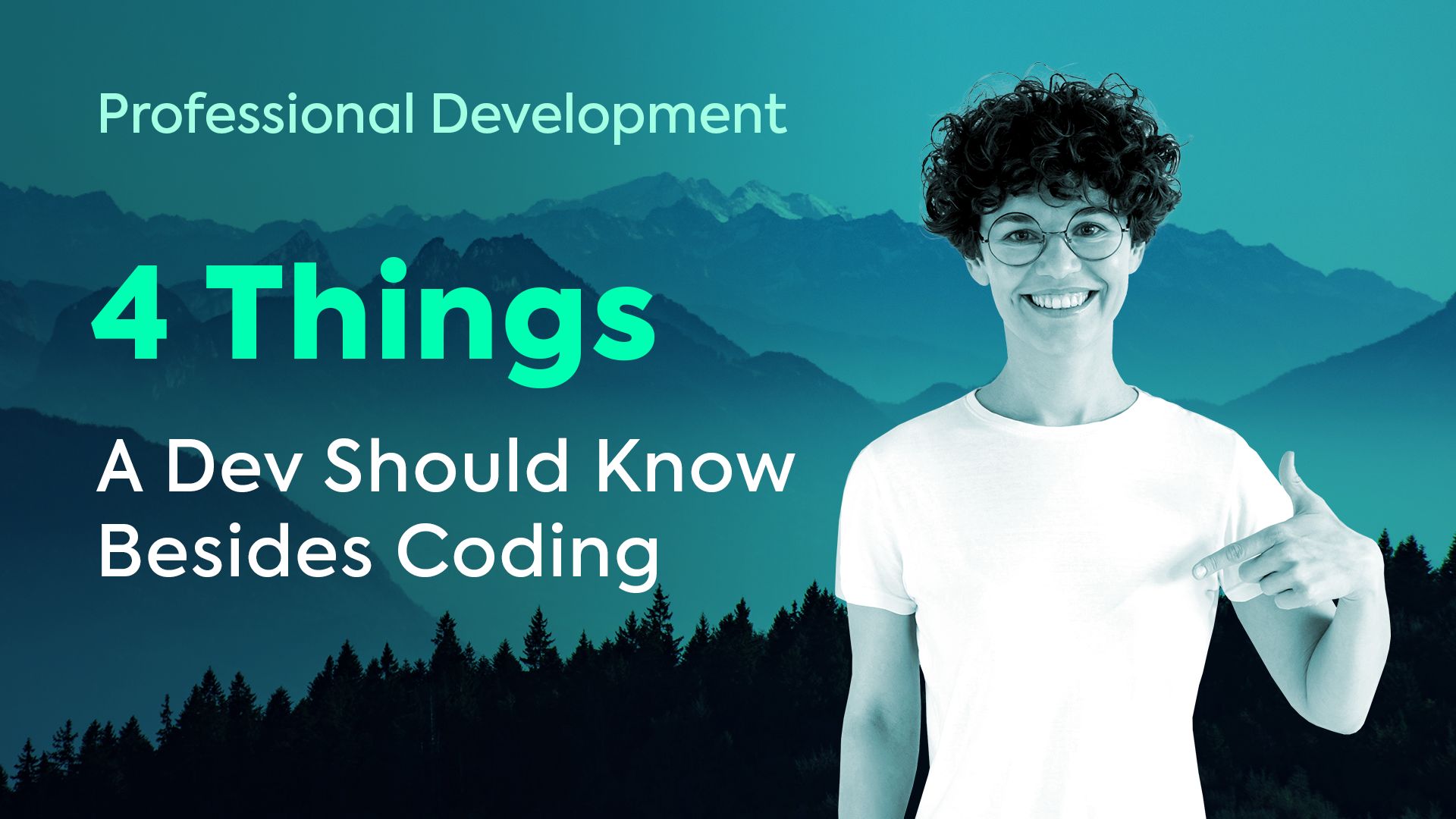Today’s overwhelming and unlimited access to information, in the broadest sense, courtesy of the Internet, often leaves us unable to isolate the noise. There is a lot of it. Should I learn X, or Y? Or is Z more worth it to spend time on, since insert group of people have been using that?
Up-front - I’m not a dev. I’m a tech geek, audiophile, and the Community Manager for Telepat North. I get to spend my days talking with some smart, talented, and amazing developers from around the world, so I have a decent idea of what our most successful members spend time learning, what are best practices in their minds, and how they got to where they are now.
And while there’s tons of advice out there to help you increase your coding skills, building a career in tech is not all about being a great programmer. In this article, I’ll go into four non-coding, skill-building activities that recurrently pop up in conversations with the best developers.
I’m hoping to provide you with a useful read, minus the noise.
This creative outlet of mine
I love using worn-out quotes:
“After a certain high level of technical skill is achieved, science and art tend to coalesce in esthetics, plasticity, and form. The greatest scientists are artists as well.”
I leave it to you to figure out who said it.
Having (or finding) a creative outlet appears to help a lot. For me, it has always been music, so I can share with you a few interesting thoughts - I’m sure it translates into the other arts as well.
The interesting thing is - musicians and devs share some very relevant skills related to the general quality, and output of their work. The musicians’ attention to detail, the need to perfect segments, analytical, logical, and reasoning skills, the tendency to be methodical in one’s work - sound familiar, dev?
The key thing here is, I believe, the mix of analytical and creative that improves work output, its quality, and overall productivity.
“To work on specific aspects of a composition requires the composer to hold the remainder of the musical structure in their mind. Similarly, until there is a working model, there is no ‘software’ aside from the vision and intention of the designer. The final result must be held in mind by the architect of the project, while being able to work on smaller, discrete portions of the project.”
_says Alex Jacobs in _his wonderful article.
Practice answering interview questions
Not as fun, but as it is in many other domains of life, it’s useful to learn to play their game.
Quite uncomplicated - a simple google search will feed you dozens of lists with concrete questions you’ll likely be asked if you find yourself on a job interview for a dev or a similar position.
Practicing this is also a useful tool for reflecting upon your career and its events in the past, your most significant professional achievements, and how they’ve impacted you and your knowledge. Shout out to the self-taught devs out there - don’t forget where you’ve started.
This practice is also something that helps you create your story - and it’s good to know how to tell it well. Turning a series of answers to interview questions into a well-constructed story is the key thought here.
#soft-skills #professional-development #coding-job-interview-advice #developer-jobs #creativity #github #effective-communication #remote-work
